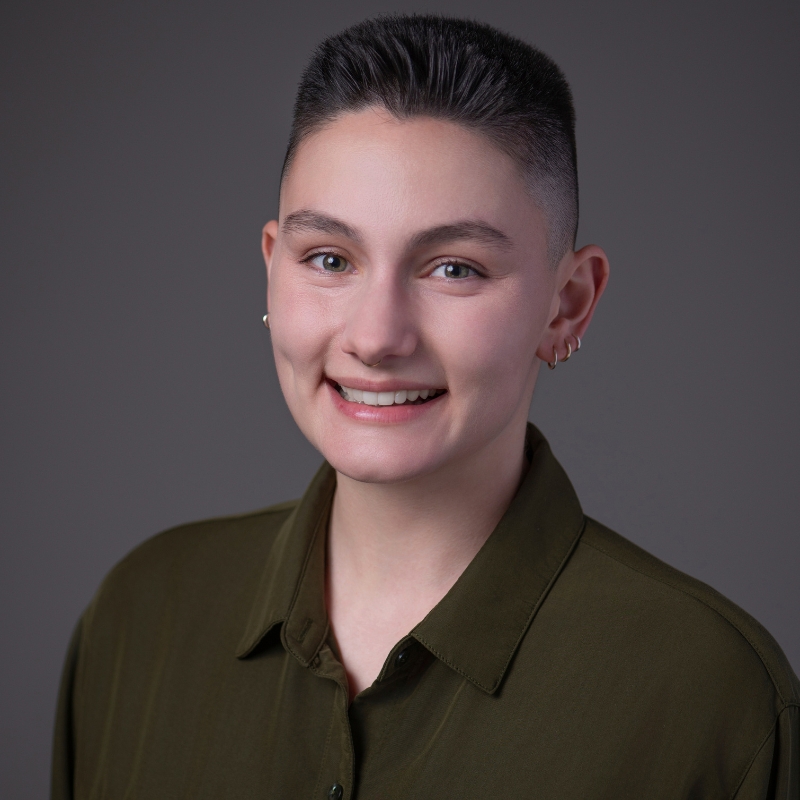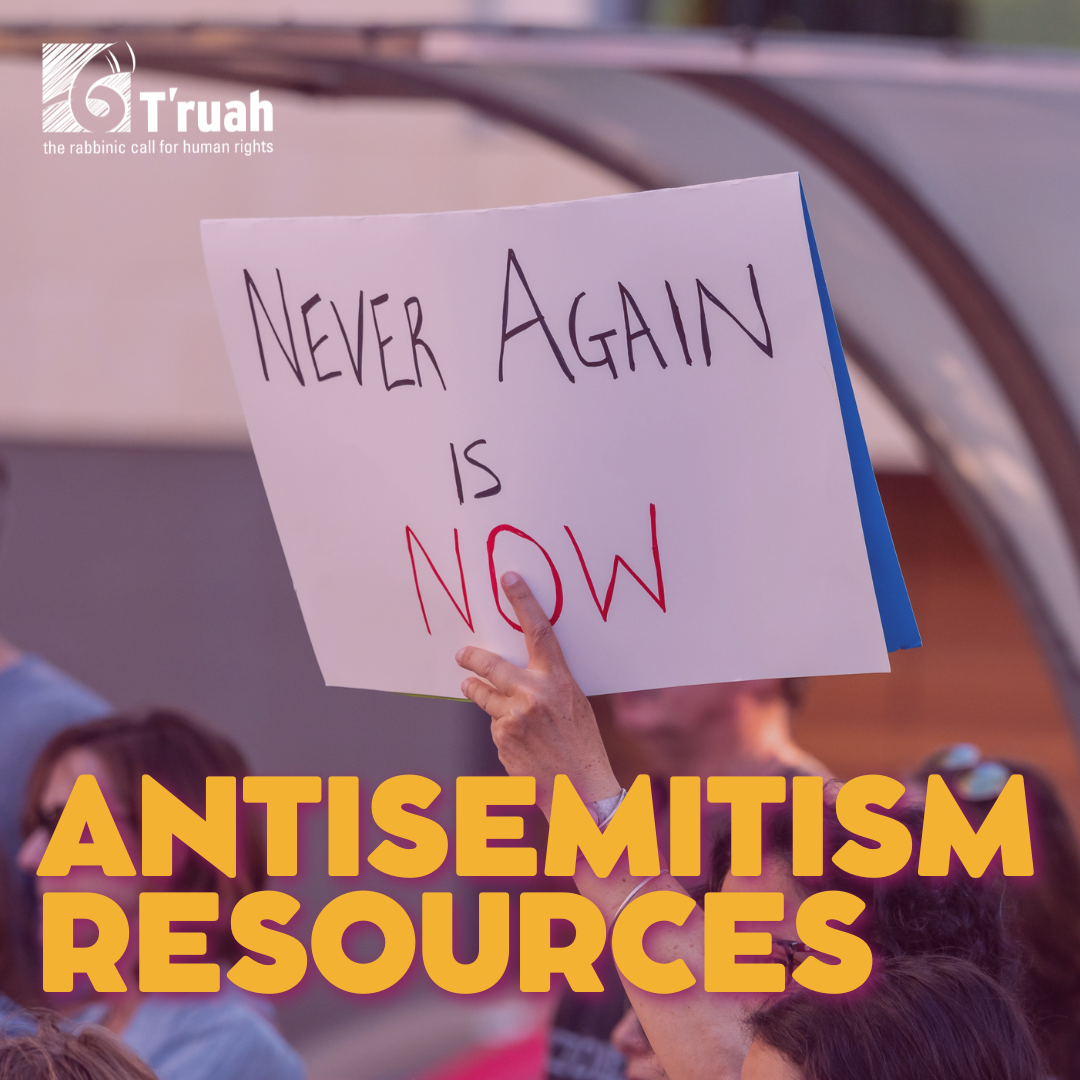Resources
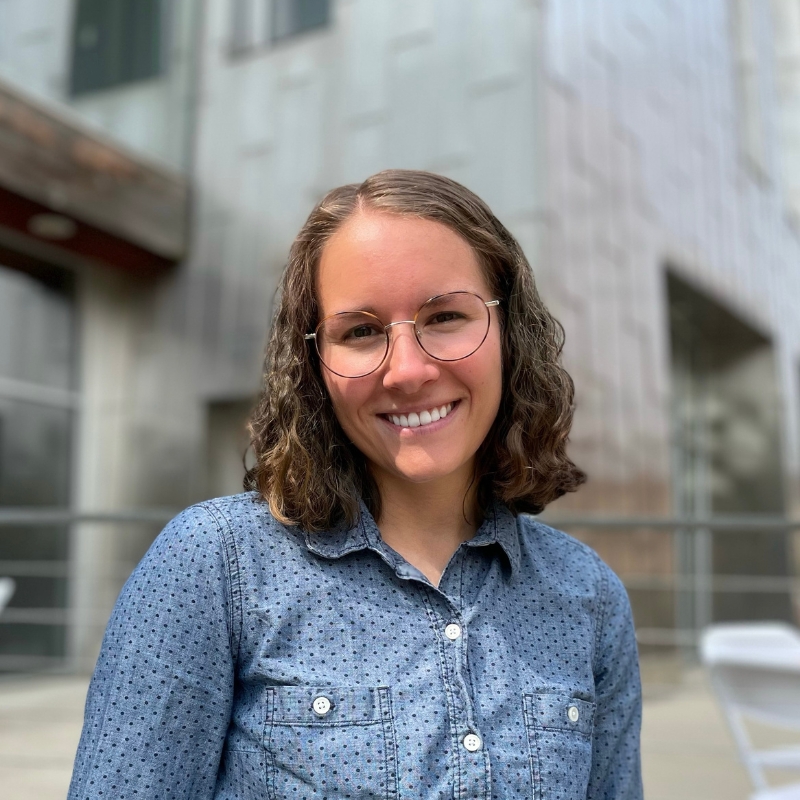
Pinchas: If the Law Is Wrong, Change It
The daughters of Zelophehad had previously been disenfranchised by the system but were able to advocate for themselves and not only did God heed their request, God changed the law entirely. We must act as the daughters of Zelophehad and reconcile the injustices we find.
more
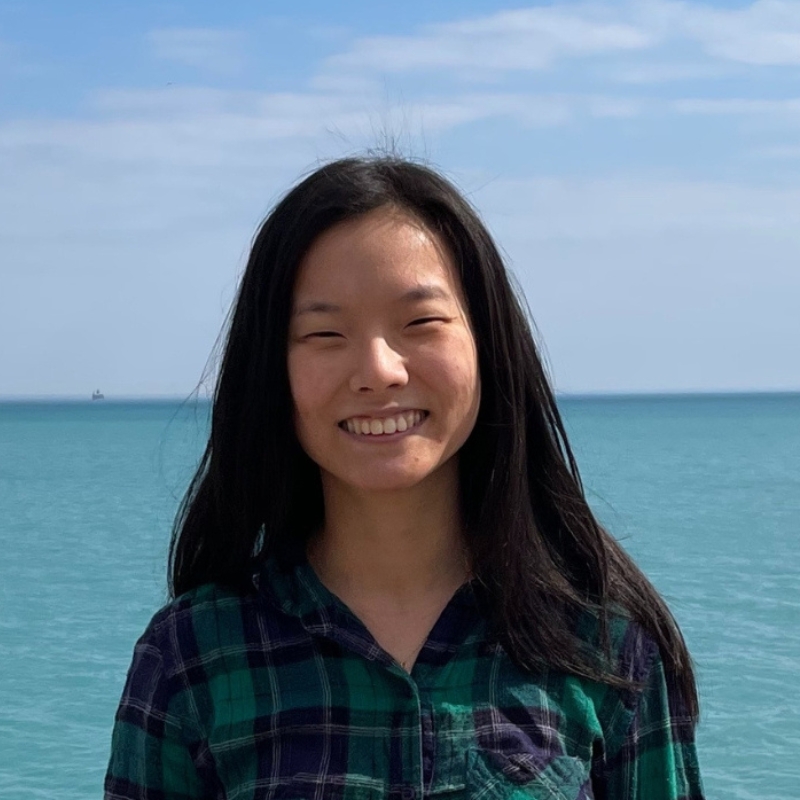
Chukat: Leading and Listening
Facing the climate change disaster means facing one another with respect and sincere empathy. Only then can we manage the amount of work it will take to fix that in which each of us has a stake.
more
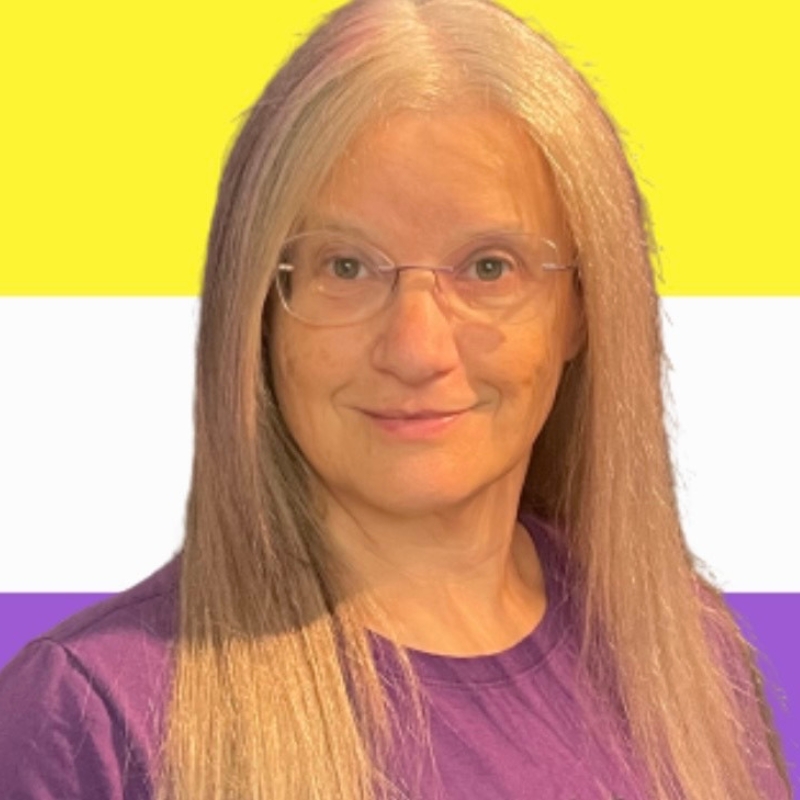
Korach: What Does It Mean to Be a Free People?
A truly free people accepts its covenants without coercion. As we work for a better world, one of true dignity and equality for all, it’s important to remember that.
more
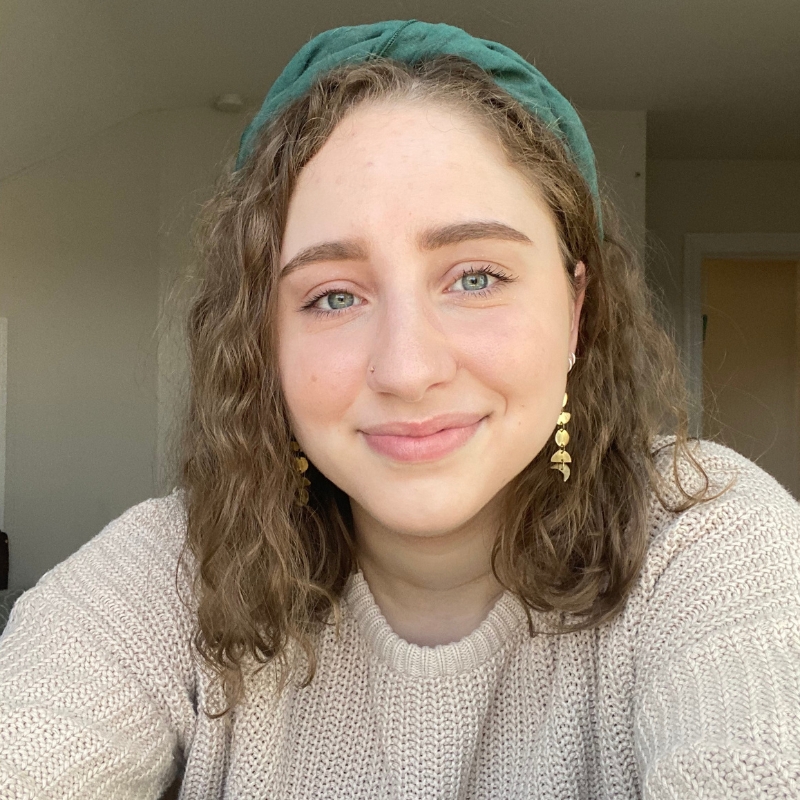
Beha’alotecha: Be One Among the 70
Community knowledge is the strongest tool we have, and we must learn how to both respect and harness it. When we seek to make change in the world, we must ask ourselves: Who might know what needs to happen even better than I do?
more
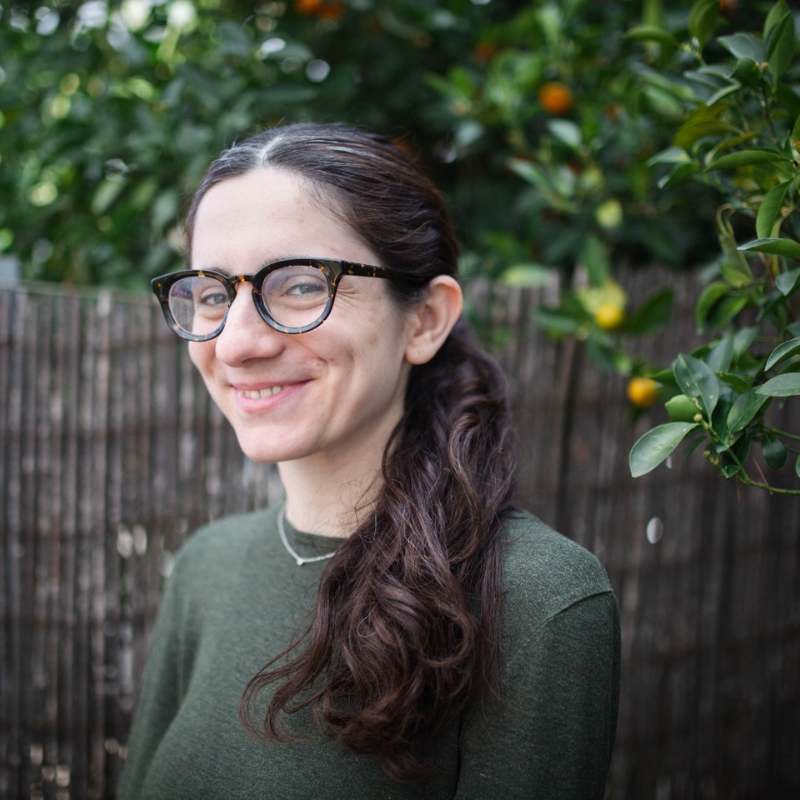
Naso: The Burdens We Cannot See
For me, acknowledging what I cannot see lies at the heart of community building. It helps me feel connected to the humanity of people in my circles and in the broader world, as ultimately the invisible heaviness of experience is one of the things that I know to be true of being human.
more
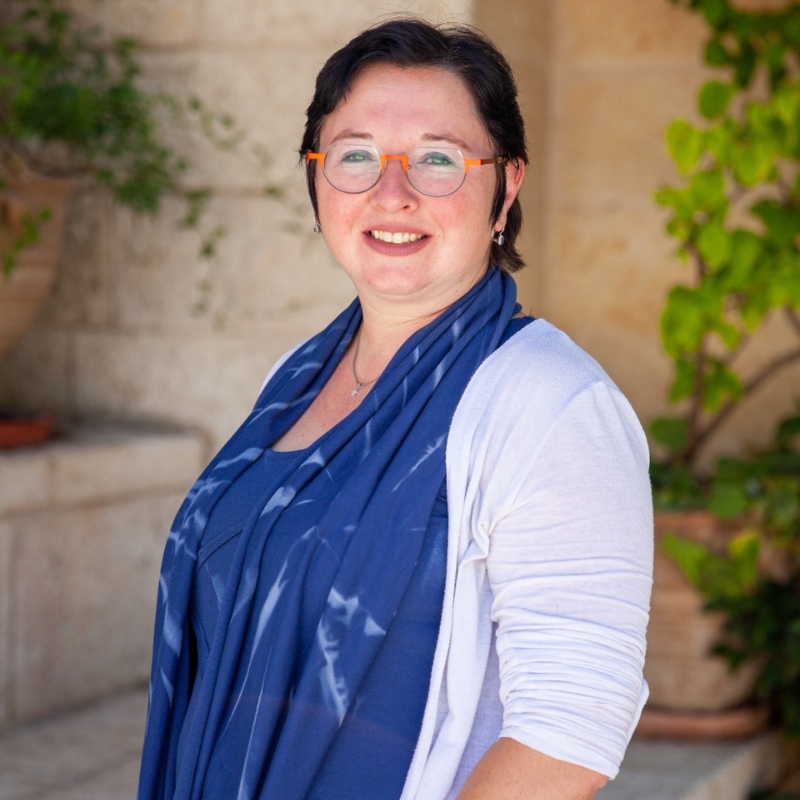
Bamidbar: Lispor and Lesaper
We have been counting the days since October 7, counting the unbearable number of lost lives, counting the number of hostages, counting the number of people who became refugees in their own land. We count and we count and we count. And we tell a story. Each and every one of us.
more
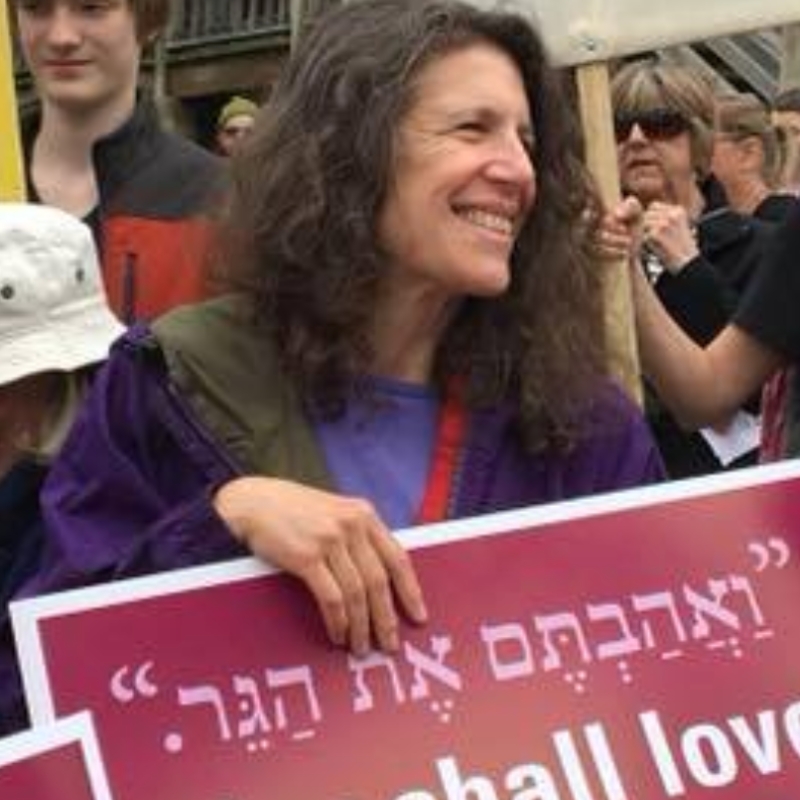
Bechukotai: God and Us Under Stress
[Unders stress,] we are often functioning far from our cores, where we can access our unique strengths and talents, offer our best selves, and hear – and perhaps even seek – other voices.
more
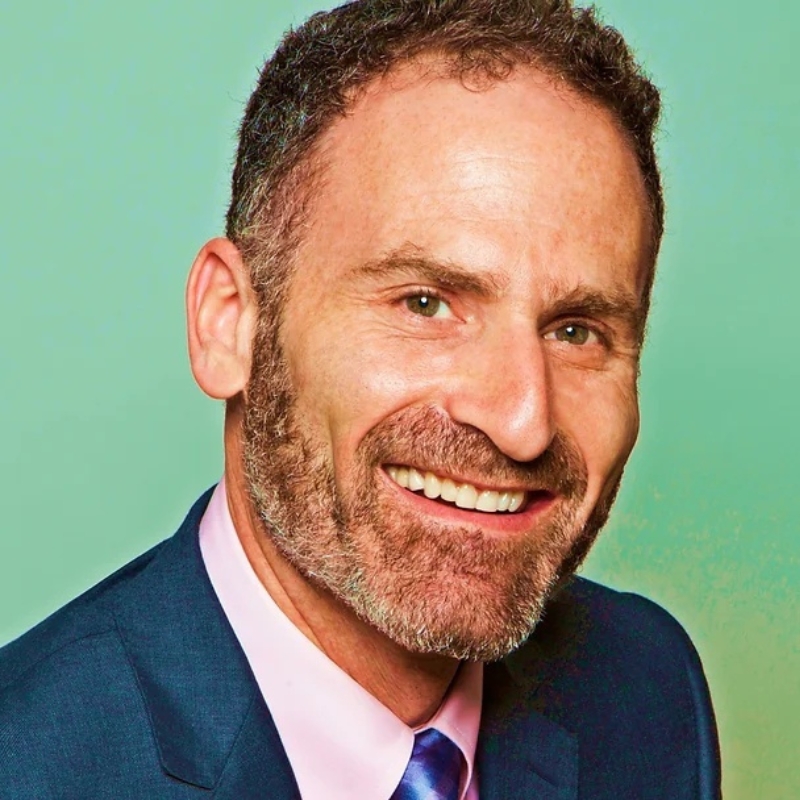
Behar: Getting from Here to There
We are returning from the mountain to the plains; from our highest ideals to the practicalities of daily living; from the most fundamental expression of holiness to where we are now.
more
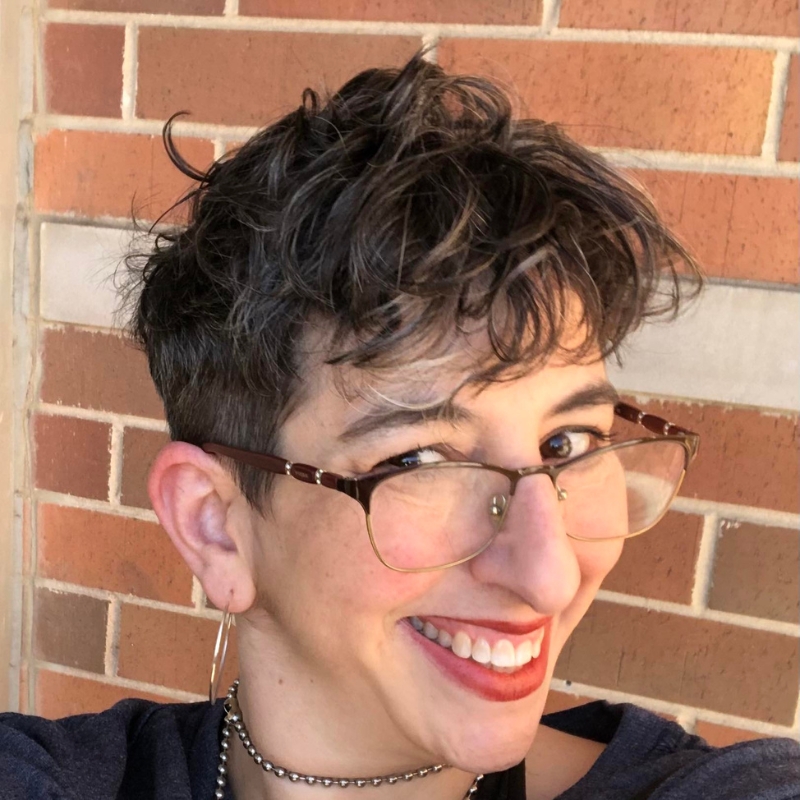
Kedoshim: Love Thy Neighbor, Not Thy Empire
How we love our neighbor is by fighting for a society in which we would be glad to live no matter how little privilege we had.
more
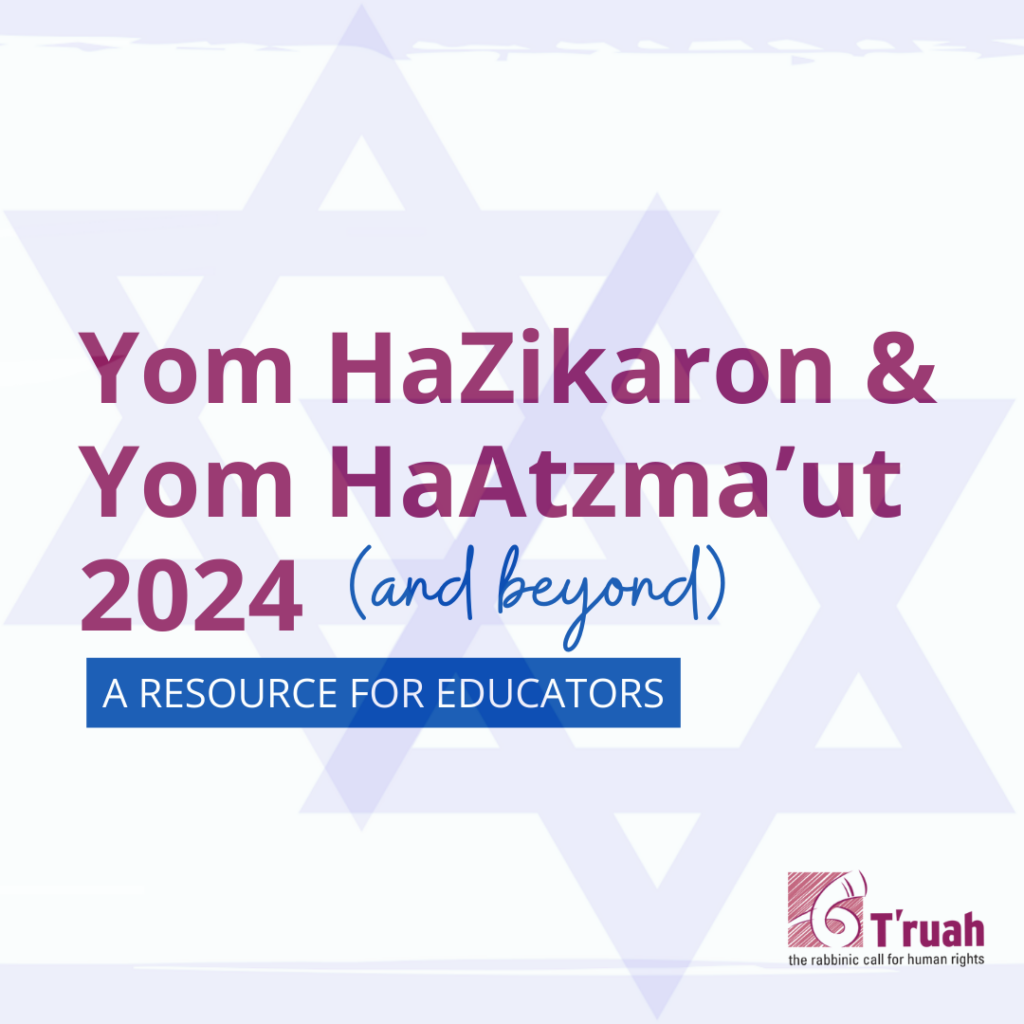
Yom HaZikaron and Yom HaAtzma’ut 2024 (and beyond)
This resource offers guidance for educators on where to start and some factors to consider. It is not a program in a box but rather an approach to planning whatever program your community needs.
more

